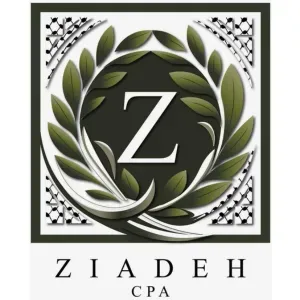As a first-time business owner, whether you're running a side hustle or a full-time venture, tax season can sneak up surprisingly fast. Don't worry—we understand how daunting it can feel, and we're here to arm you with the knowledge you need. In this post, we'll walk you through practical steps to prepare for tax season and bust a few common myths that might trip you up.
Get Your Business Records in Order
Start by gathering all the crucial documents: bank statements, invoices issued and received, receipts, payroll records, mileage logs, and 1099s for contractors paid $600 or more. Here's a myth that might catch you off guard: "I can just use my personal bank account and sort it out later." In reality, separating personal and business finances is essential. It simplifies tax filing, protects your personal assets, and provides a clear financial picture for strategic planning.
Know Your Tax Deadlines
Mark your calendar with these critical tax deadlines: S corporations and partnerships need to file by March 15, while C corporations and sole proprietors have until April 15. Remember, quarterly estimated taxes are due in April, June, September, and January. Staying ahead of these dates can help you avoid penalties that can take a bite out of your budget. Set reminders now to avoid those unnecessary headaches!
Organize Your Deductible Expenses
Deduction time! Common deductible expenses include office rent or home office costs, software and tools, marketing efforts, 50% of business meals, travel, and professional services. Myth alert: "Everything I spend for my business is deductible." Sadly, no—only certain expenses qualify. It's important to differentiate between fully deductible, partially deductible, and non-deductible expenses. Keeping this straight will maximize your savings.
Know Which Forms You’ll Need
Make sure you understand the forms required for your business. Sole proprietors will file a Schedule C, LLCs and partnerships need Form 1065 and K-1, S corps require Form 1120-S and a K-1, while C corps use Form 1120. Here's a common myth: "LLCs don’t pay taxes." The IRS actually categorizes businesses (including LLCs) into these types for tax purposes, so knowing your classification is crucial for filing properly.
We hope this checklist brings you some peace of mind. Preparing for taxes doesn't have to be overwhelming. With the right documents, organized records, and a sharp eye on deadlines, you'll file accurately and keep more of your hard-earned money. Ready to take action? Start organizing today, and don't hesitate to reach out to a tax professional for guidance. You've got this!

